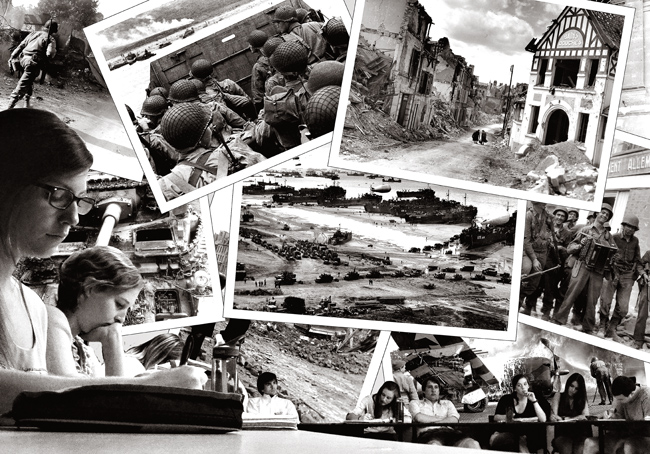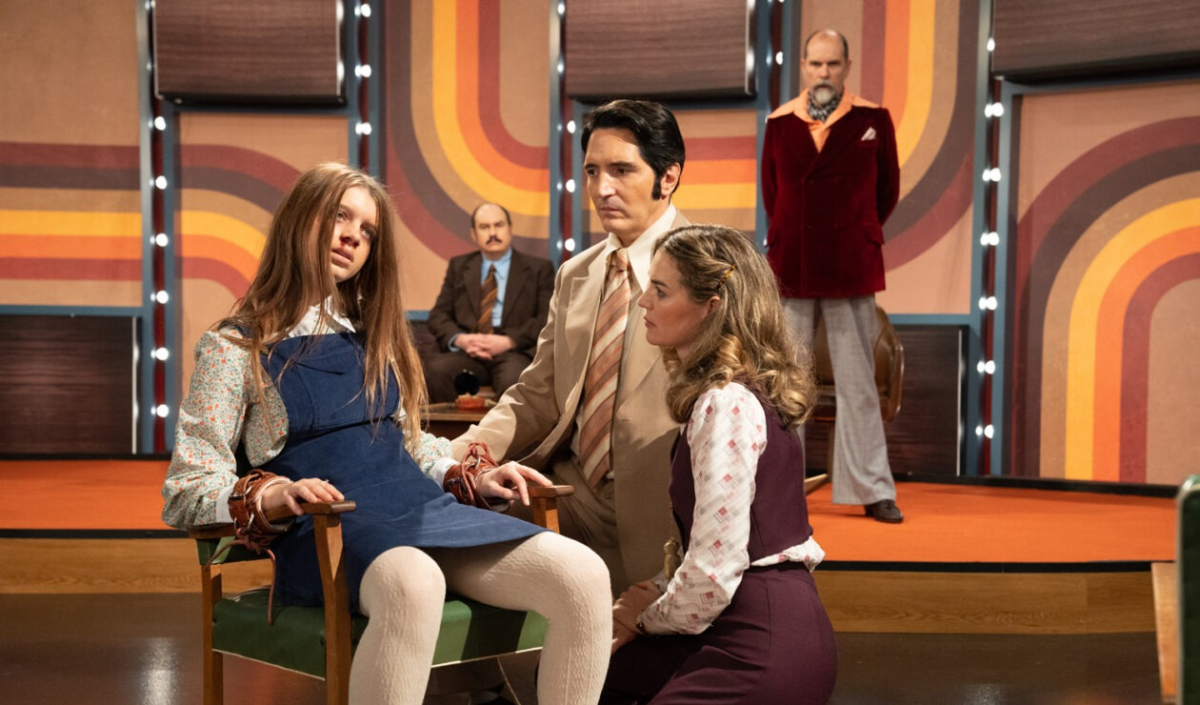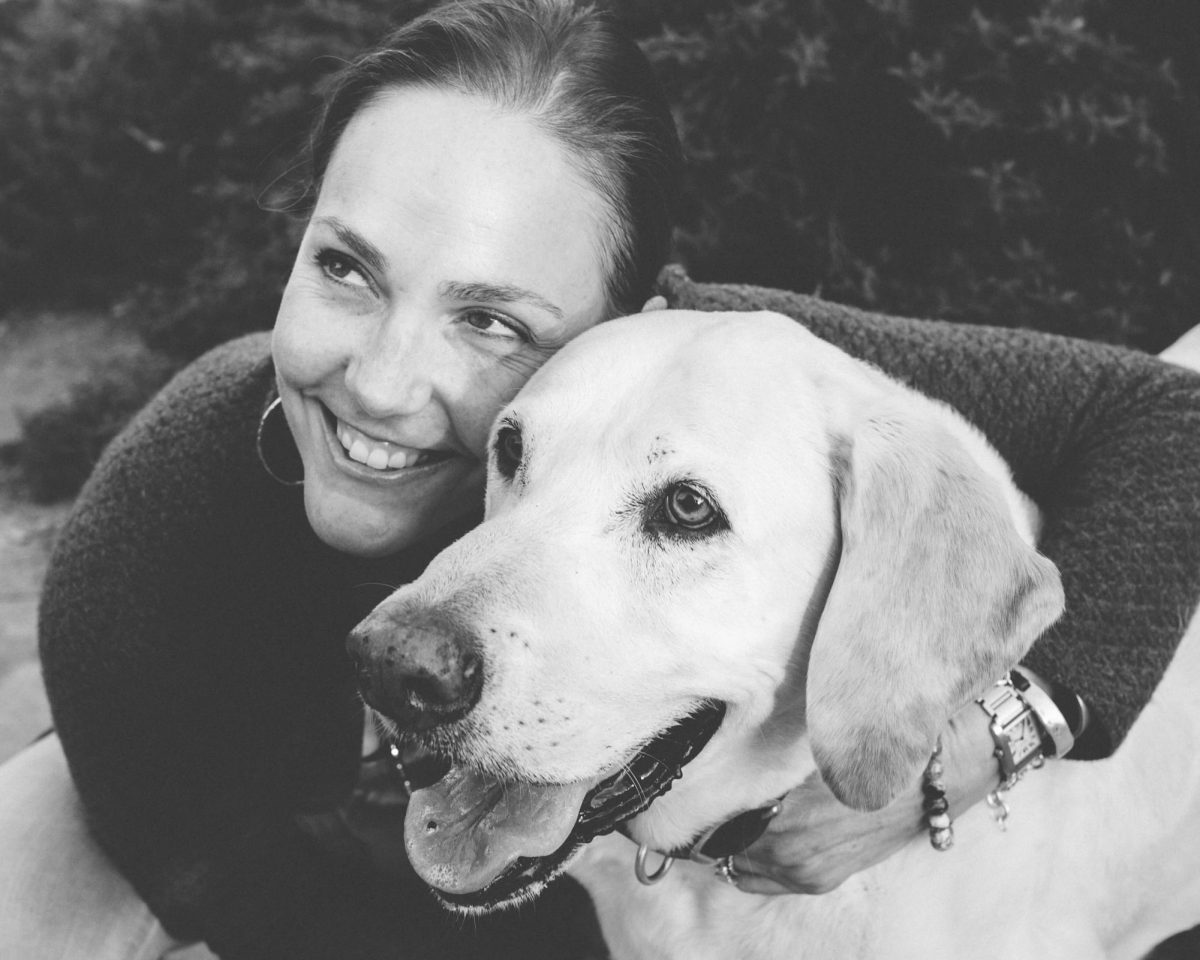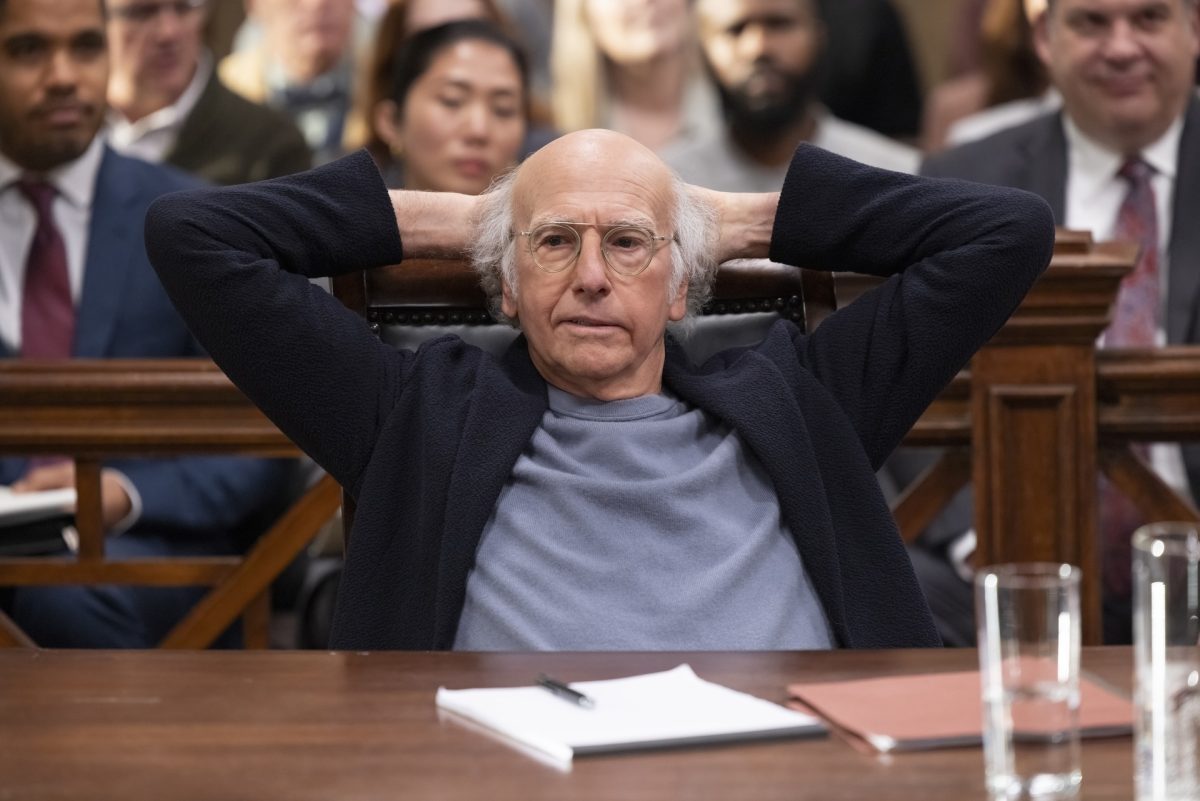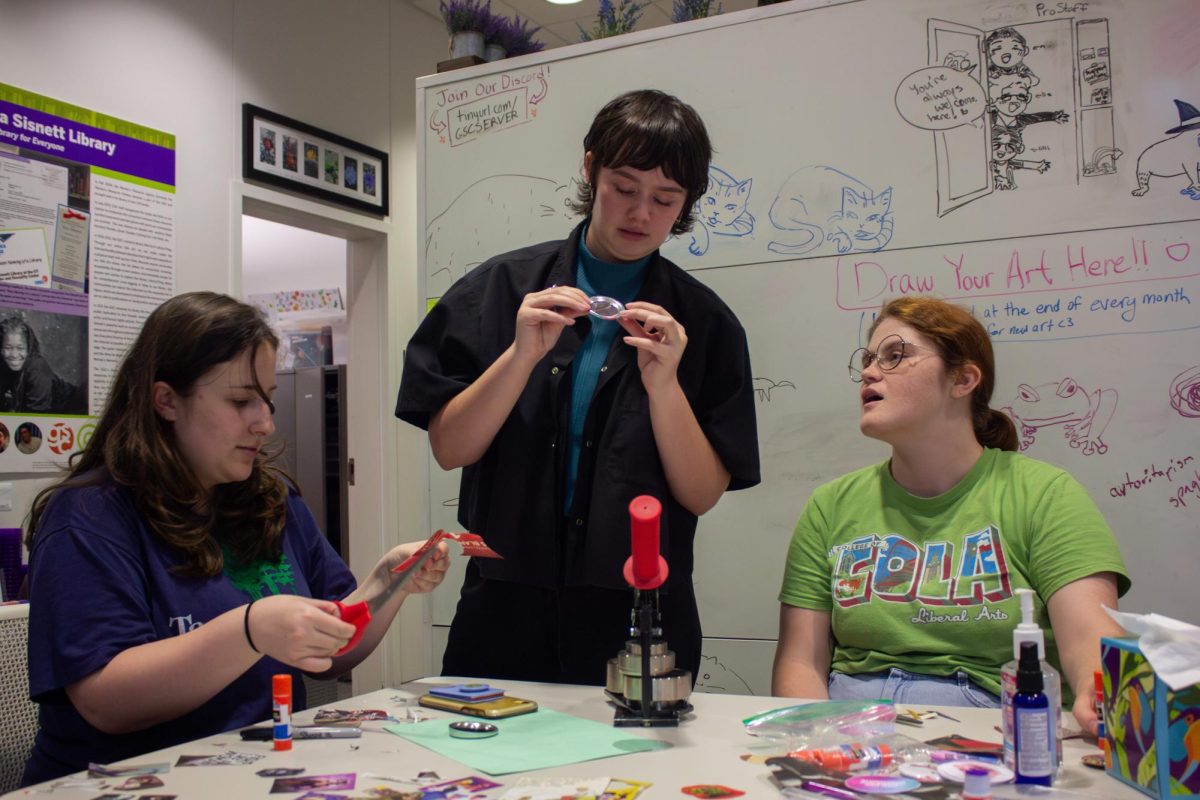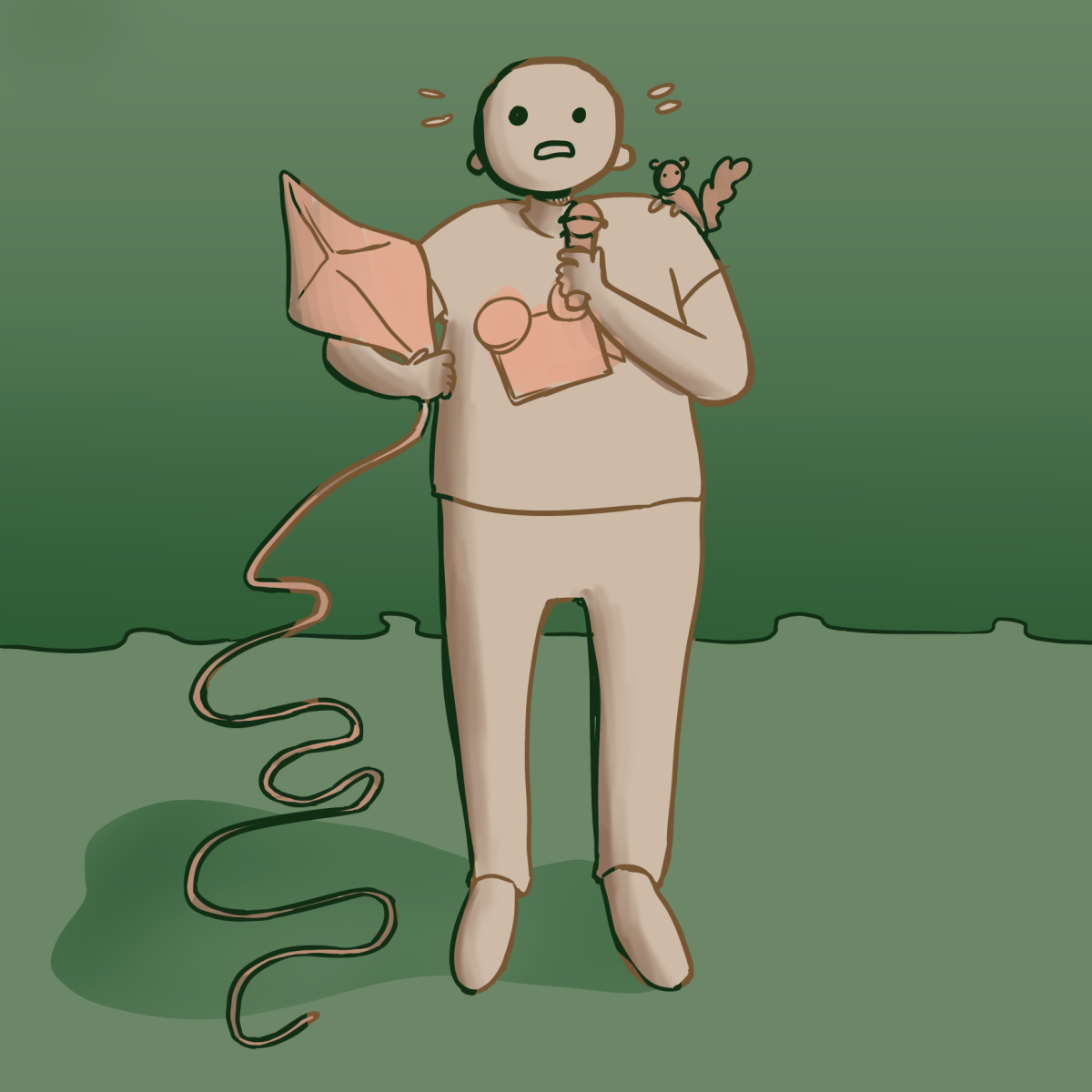A trip to Majdanek, a Nazi concentration camp in Poland, made a lasting impact on Plan II sophomore Daley Epstein. Two years later, Epstein distinctly remembers standing at the camp during a trip she took for March of the Living, an educational program that brings students from around the world to Poland to see the remnants of the Holocaust.
Because of her experience listening to Holocaust survivors tell her about the loss of life they witnessed first-hand while in Poland, Epstein, a former Daily Texan columnist, decided to apply to the Department of History’s Normandy Scholar Program on World War II. The program focuses on World War II curriculum, and Epstein hoped to expand her knowledge beyond her Jewish lens.
“My reoccurring theme with both World War II and the Holocaust itself is the more I know the less I understand,” Epstein said. “To this day, after traveling to Poland, I’m still baffled that the human race can sink so low.”
The 20 participating students spend the semester in courses focused on World War II and will travel to London, Normandy, Paris and Berlin with their professors from May 8 to 29.
The Normandy Scholar Program began in the fall of 1989 to test out the level of interest students and faculty had in learning the causes, conduct and consequences of World War II. The program has since evolved into a spring semester program with the opportunity to witness firsthand the lessons taught in the classroom in Europe.
“Whatever background you come into the program with, we all very quickly got on the same page,” said Josh Fuller, history and philosophy sophomore. “I don’t know if we’re experts now, but we definitely all know a lot.”
The program consists of five lecture classes with heavy discussion and writing components. Additionally, students are required to attend a three-hour film screening Monday nights and guest lectures on Wednesdays ranging from speakers including Holocaust survivors and World War II experts.
Each professor structures the class from the buildup of World War I through the conclusion of World War II, with students seated in “Normandy formation,” a horseshoe arrangement of desks to facilitate discussion.
“Being Jewish doesn’t help you understand World War II. I don’t want to say it was a hindrance, but it gave me a very isolated perspective of something far bigger than the Holocaust,” Epstein said. “My knowledge was focused on my lineage, so I never really understood what was going on in Japan or Russia.”
The students said that traveling abroad to the sites they read about for the past 14 weeks will solidify their knowledge and give them an opportunity to see what they have both heard and read. The five professors of the Normandy classes will travel with the students to Europe, teaching them from their own specialized area of expertise from “Hitler, Nazism and the Second World War” to a “France in Modern Times” class.
“It’s being in the same place where history took place that we’re all excited for,” Fuller said. “We’re not going to be tourists; we’re going to be amateur academics.”
The students think of the trip as a reward of sorts after the labor-intensive semester they complete this Friday.
“The semester is very challenging. There’s no off; it’s like we’re in grad school,” Fuller said.
Throughout the semester, students in the program read long excerpts from over 24 books, read an average of 800 pages every week and in many cases slept minimally as they strove to keep up with their papers. They took no tests, focusing instead on essays with a few quizzes.
Government sophomore Caroline Corcoran said she appreciated the opportunity to enjoy what they were learning, rather than always being tested. She developed her passion for understanding World War II after she received an American Girl doll in the fourth grade that embodied an American girl living in the U.S. during the 1940s.
She said that before the program, her knowledge of the war was limited to what was published in the U.S., which left her with less understanding of events outside of the bombing of Pearl Harbor and the liberation of concentration camps.
“Learning about the war makes it so much more real. We’re slowly losing the survivors. It makes it more meaningful to hear from them,” Corcoran said.
As the semester winds down, the students have realized that after a combined 20 hours of in-class instruction, they still have much more to learn about the history behind World War II and reasons to promote continued education of world history.
“It gives you something to talk about with the generation that lived it,” Corcoran said. “No matter where they were in the world at the time. Learning about the past shows you’re still interested in what they did.”
Update on 4/25/12 at 10:18 a.m.: Clarified that Majdanek was a Nazi concentration camp in Poland.



